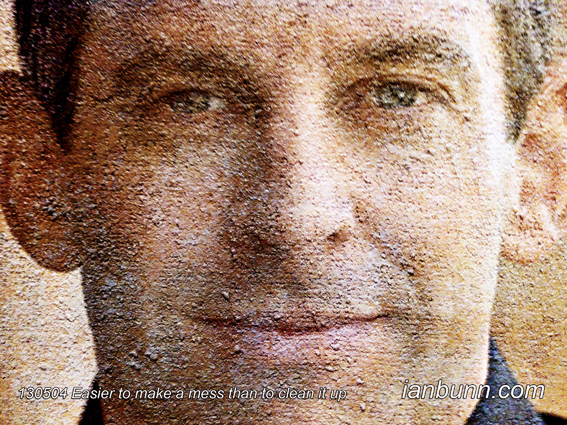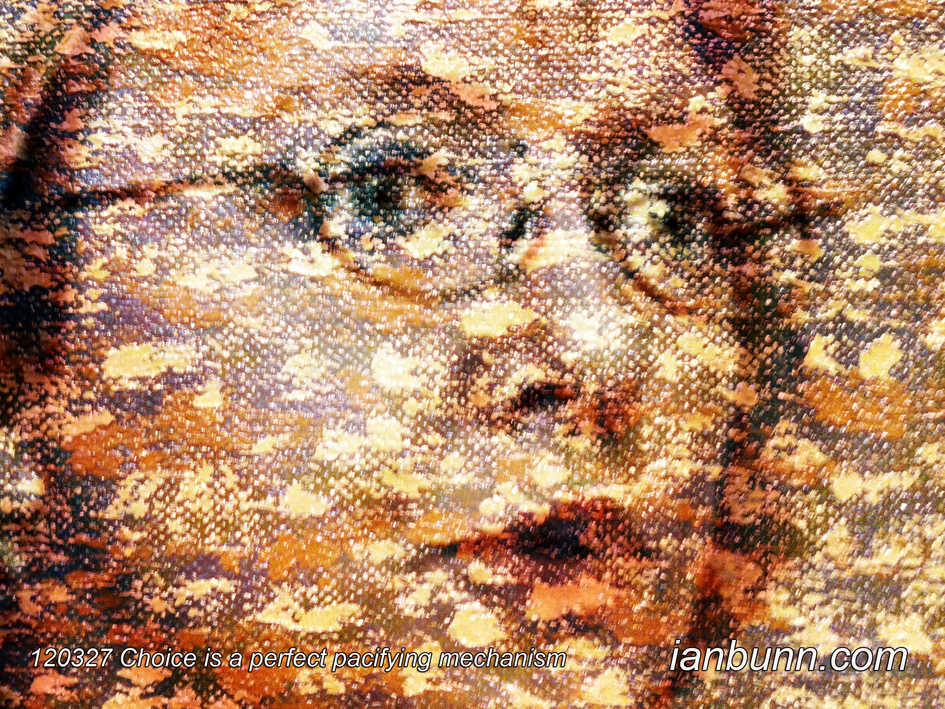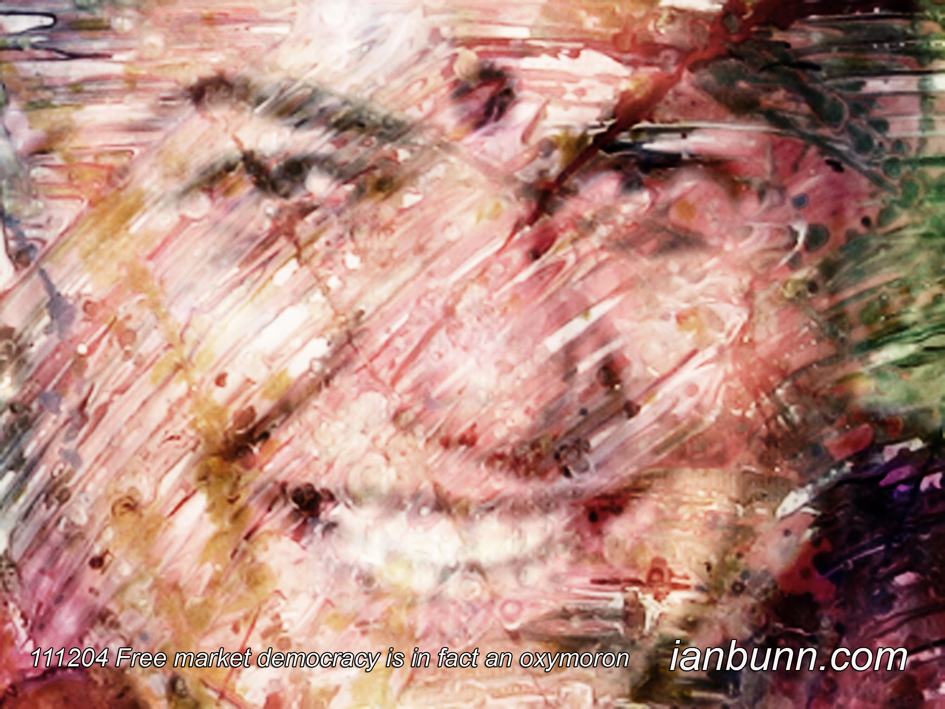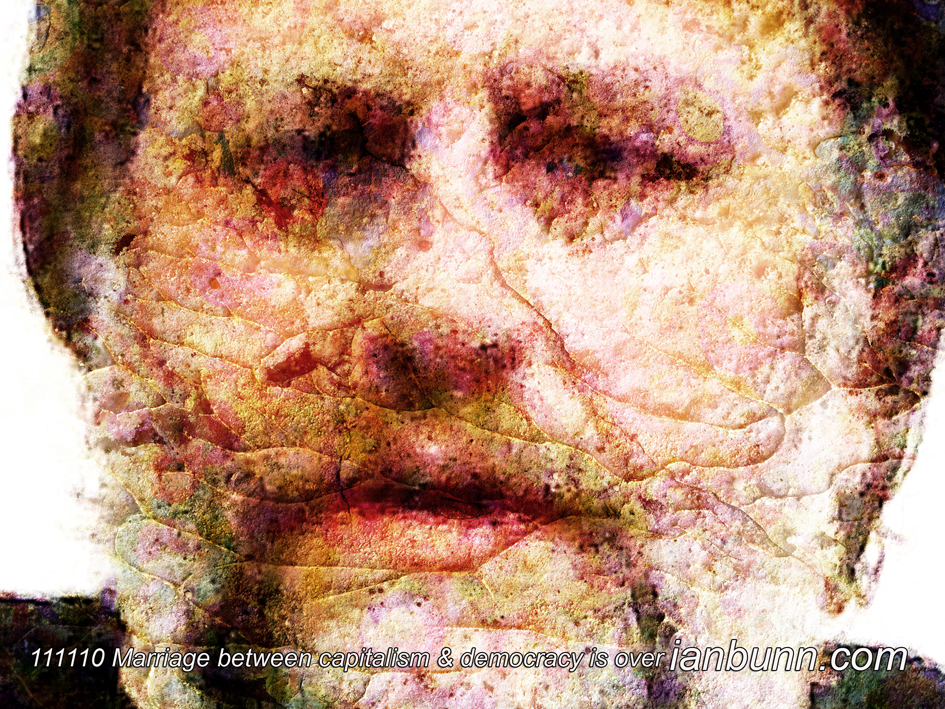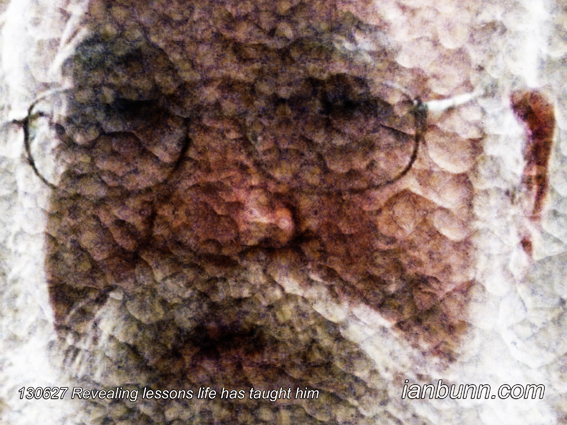 Revealing lessons life has taught him (June 27 2013)
Revealing lessons life has taught him (June 27 2013)
Daniel Clement Dennett the 71 year old American philosopher, writer and cognitive scientist whose research centers on the philosophy of mind, evolutionary biology and cognitive science has published an extract from his new book in The Guardian titled ‘Daniel Dennett’s seven tools for thinking’, revealing some of the lessons life has taught him. “1 USE YOUR MISTAKES – We have all heard the forlorn refrain: “Well, it seemed like a good idea at the time!” This phrase has come to stand for the rueful reflection of an idiot, a sign of stupidity, but in fact we should appreciate it as a pillar of wisdom… 2 RESPECT YOUR OPPONENT – Just how charitable are you supposed to be when criticising the views of an opponent? If there are obvious contradictions in the opponent’s case, then you should point them out, forcefully. If there are somewhat hidden contradictions, you should carefully expose them to view – and then dump on them… 3 THE “SURELY” KLAXON – When you’re reading or skimming argumentative essays, especially by philosophers, here is a quick trick that may save you much time and effort, especially in this age of simple searching by computer: look for “surely” in the document and check each occurrence. Not always, not even most of the time, but often the word “surely” is as good as a blinking light locating a weak point in the argument… 4 ANSWER RHETORICAL QUESTIONS – Just as you should keep a sharp eye out for “surely”, you should develop a sensitivity for rhetorical questions in any argument or polemic. Why? Because, like the use of “surely”, they represent an author’s eagerness to take a short cut… 5 EMPLOY OCCAM’S RAZOR – The idea is straightforward: don’t concoct a complicated, extravagant theory if you’ve got a simpler one (containing fewer ingredients, fewer entities) that handles the phenomenon just as well… 6 DON’T WASTE YOUR TIME ON RUBBISH – Sturgeon’s law is usually expressed thus: 90% of everything is crap. So 90% of experiments in molecular biology, 90% of poetry, 90% of philosophy books, 90% of peer-reviewed articles in mathematics – and so forth – is crap… 7 BEWARE OF DEEPITIES – A deepity …is a proposition that seems both important and true – and profound – but that achieves this effect by being ambiguous. On one reading, it is manifestly false, but it would be earth-shaking if it were true; on the other reading, it is true but trivial…”
Inspired by Daniel Dennett, The Guardian ow.ly/lMAiz Image source David Orban ow.ly/lMAe3
